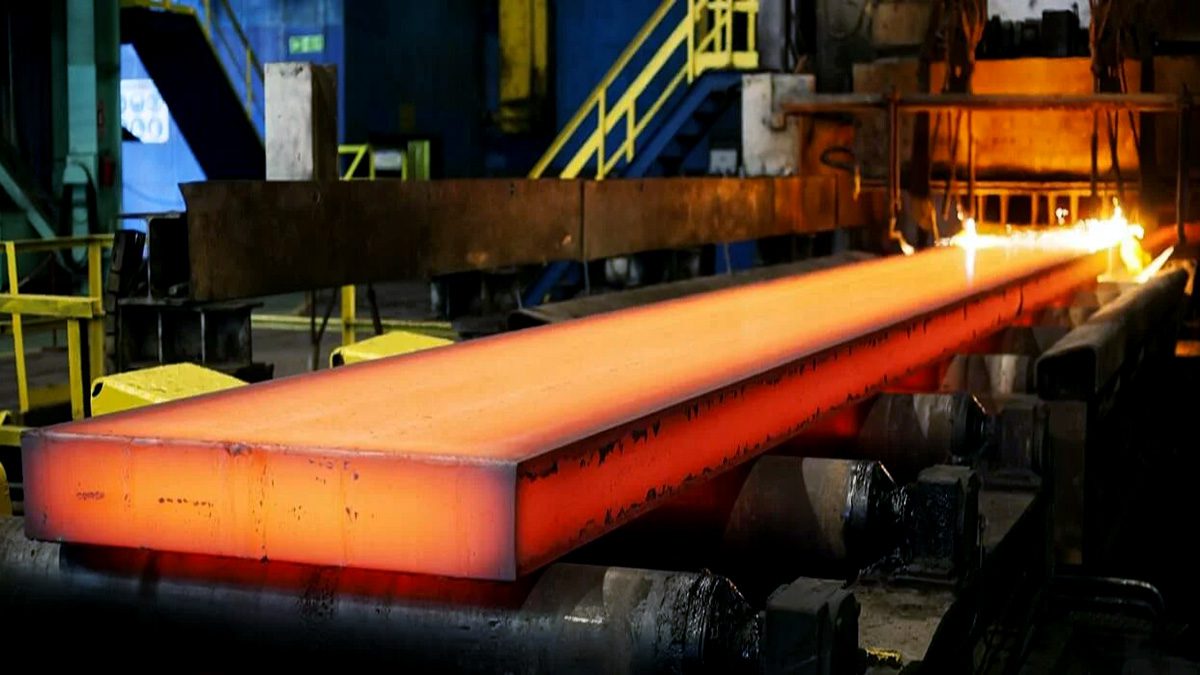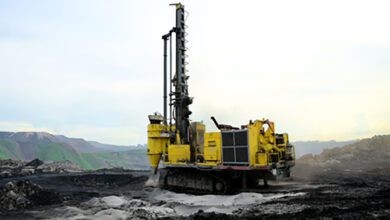In a bid to bolster the production and export of steel, the Government of India has taken significant strides toward promoting the domestic steel industry. With a focus on reducing import dependency and strengthening the country’s position as a global steel exporter, several key initiatives have been implemented to achieve these goals.
The production of steel, which plays a crucial role in the country’s economic growth, has witnessed a substantial rise over the last three years. According to data released by the Joint Plant Committee, crude steel production stood at 103.54 million tonnes in 2020-21, scaling up to 127.20 million tonnes in 2022-23. This increase is indicative of the sector’s resilience and the measures undertaken by the government to encourage steel production.
One of the key initiatives implemented by the government is the ‘Production-Linked Incentive (PLI) Scheme for Specialty Steel.’ With an impressive outlay of ₹6,322 Crore, this scheme aims to foster the manufacturing of specialty steel within the country for domestic consumption while curbing imports. By attracting capital investments, this incentive has resulted in the growth of specialty steel production, further supporting the nation’s infrastructure and industrial development.
The ‘National Steel Policy,’ introduced in 2017, has been instrumental in providing vital policy support and guidance to steel producers in the country. This policy framework has facilitated a conducive environment for the steel industry, driving innovation and efficiency in production. As a result, the steel sector has flourished, contributing to India’s overall economic prosperity.
Another noteworthy measure is the ‘Domestically Manufactured Iron & Steel Products (DMI&SP) Policy,’ which promotes the procurement of ‘Made in India’ steel by government and public sector projects. This policy emphasizes using domestically manufactured steel, creating a positive impact on the domestic steel market and encouraging local production.
To address the issue of steel scrap availability, the government has implemented the ‘Steel Scrap Recycling Policy.’ The policy is designed to enhance the availability of domestically generated scrap, thereby reducing the dependence on imports for raw materials. This move not only supports environmental sustainability but also strengthens the competitiveness of the steel industry.
The results of these strategic initiatives have been promising, as evidenced by the surge in steel production and export. In the year 2022-23, the country’s steel exports reached 6.72 million tonnes, marking a considerable increase from 10.78 million tonnes in 2020-21. The steady growth in export figures further underlines India’s position as a major player in the global steel market.
In the first quarter of the current fiscal year (April-June 2023-24), steel production continued its upward trajectory, standing at 33.63 million tonnes. During this period, steel exports reached 2.05 million tonnes, showing the ongoing success of the government’s efforts to boost the steel industry.
The deregulated nature of the steel sector has allowed individual steel producers to make market-driven decisions, further enhancing their competitiveness. The absence of government-imposed targets for production, domestic consumption, and export has led to a flexible and adaptive industry, responding effectively to market demands and commercial considerations.







